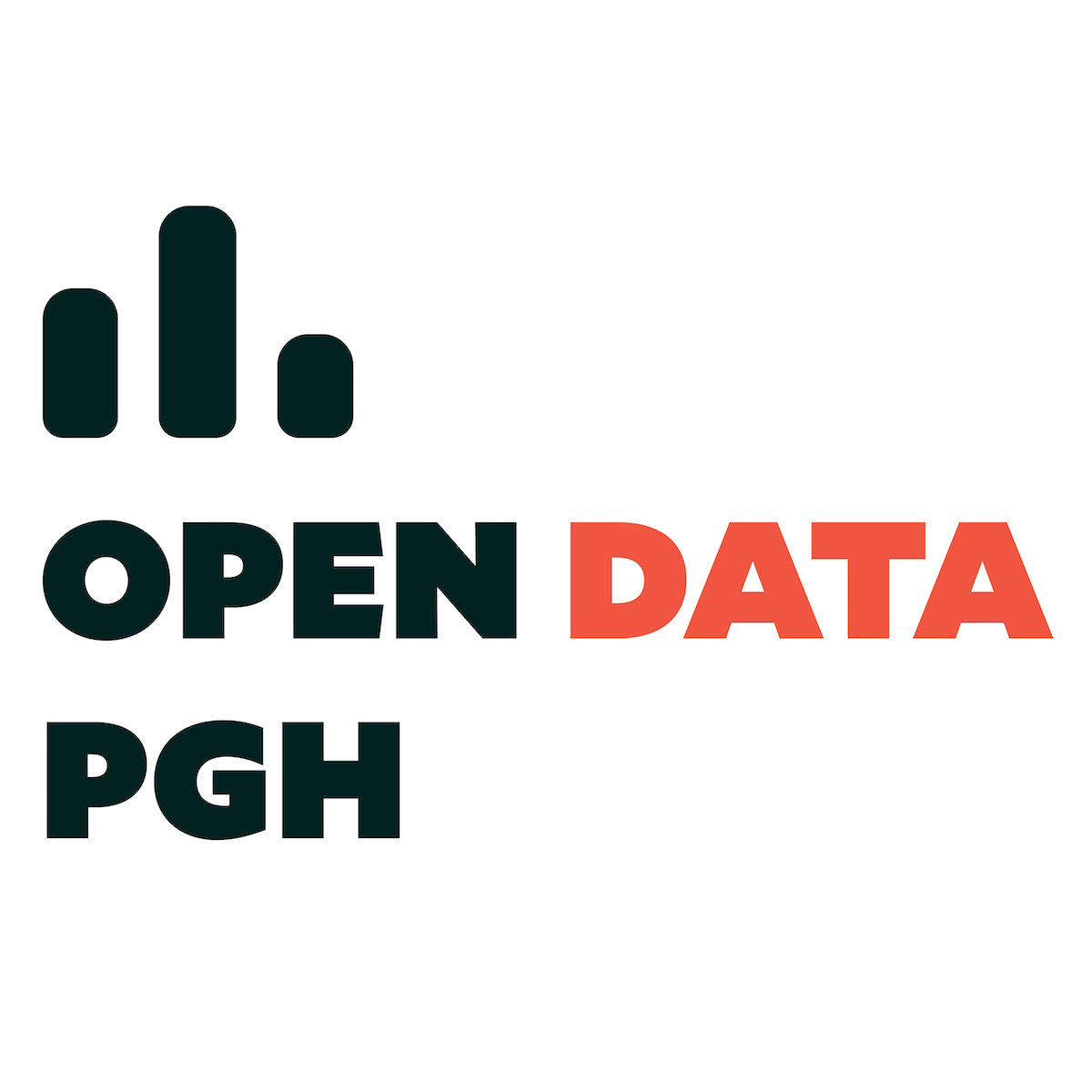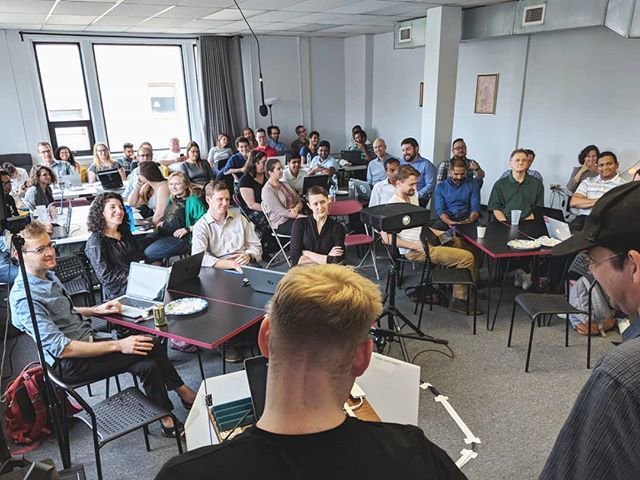Over the past six months, Technical.ly has been reporting on civic tech in Pittsburgh — that decentralized, grassroots, fragmented, distributed community that’s managing to do work as important and cool as fighting fire fatalities and helping kids make zines to learn data literacy.
But the people entrenched in this work are continuing to think of how the city’s leadership can better support non-technologists in using open data, and how disparate stakeholders can better communicate, and how current efforts can be scaled. And more.
To wrap up the Open Data PGH series, Technical.ly and project partner PublicSource are hosting a public event focused on the future of Pittsburgh civic tech and including lightning talks from some of the pros featured in this series’ webpages and other local civic tech experts.
- When — Wednesday, Oct. 3, from 5:30 to 7:30 p.m.
- Where — Code & Supply, 5648 Friendship Ave.
- Who — Technologists, civic leaders, data users, anyone interested in how open data can improve their city
- How much — Free!
Here are the seven experts you can expect to hear from:
Erin Dalton
As deputy director, Dalton is responsible for analytics, technology and planning at the Allegheny County Department of Human Services. She was featured in The New York Times Magazine in January for her work leading DHS’s data-analysis department and its Allegheny Family Screening Tool, which uses an algorithm to predict when local children are at risk of abuse or neglect. She’s also a policy alum of the RAND Corporation and the National Institute of Justice.
- What you can expect to hear — A deep dive into the need for integrated records and the county’s efforts to digitally engage clients
Bob Gradeck
Gradeck manages the Western Pennsylvania Regional Data Center, aka the region’s hub for open data that also hosts programming to support data users. He previously spent a decade working on tech-based economic development and community development initiatives at the Carnegie Mellon University (CMU) Center for Economic Development and was the first organizer of Code for Pittsburgh.
- What you can expect to hear — An overview of the whole scene, including its major players and efforts to date
Michael Madaio
Madaio is a doctoral student in CMU’s Human-Computer Interaction Institute, where he researches how to design more human-centered AI systems, focusing on educational and civic applications. He’s also a project lead for the Metro21 Smart Cities Institute and is on the leadership board for the CMU Students Using Data for Social Good (SUDS) organization, which pairs students with local nonprofits, social enterprises and government agencies to “do good with data.”
- What you can expect to hear — An exploration of how SUDS plans to bring in more community stakeholders (as well as broaden the idea of who can be a stakeholder)
Tara Matthews
The City of Pittsburgh Department of Innovation and Performance’s senior digital services analyst leads the city’s open data program. She started as an analytics and strategy associate within the department and acted as its community liaison in crowdsourcing ideas for its first open datasets.
- What you can expect to hear — An expounding of her Open Data PGH guest post on why Pittsburgh’s Innovation and Performance team takes an open-source approach to open data
Ellie Newman
Allegheny County’s coordinator of strategic analytics manages the county’s open data program, coordinates data sharing across departments and delivers analytics projects to help the county and the region, all in the name of solving problems and streamlining operations. She also co-leads Code for Pittsburgh’s latest iteration.
- What you can expect to hear — An answer to the question: How can government employees entrenched in their silos instead harmonize internal division to create more usable data?
Justin Reese
The software engineer and consultant started coworking space/event planner/community convener Code & Supply in 2014 as a kind of umbrella organization for the software community — beginner coders, experienced developers and all the people in between. The org hosted a software conference called Abstractions in 2016 and one called Heartifacts this past summer that focused on mental health issues in tech.
- What you can expect to hear — Advice on getting the public involved in civic data projects from the organizing side and how non-technologist civilians can find their entry point
Tess Wilson
The Carnegie Library of Pittsburgh LYNCS outreach librarian encourages community collaboration and conversation for a living. She has conducted research with the Youth Data Literacy Project, served as a Civic Information Services intern under the Beyond Big Data grant and is a regular contributor to the American Library Association’s Young Adult Library Services Association and Office of Intellectual Freedom blogs.
- What you can expect to hear — A how-to on engaging library users in open data, and a recounting of the effects of that zine project
We’ll also have a community engagement component involving prompts for attendees to answer related to the speakers’ themes, such as “How can this community be more inclusive?” and “What ethics should be considered?” and “We type of events do you want?” and “What’s the biggest challenge?” and “The future of civic tech in PGH is ___.”
Questions? Want to get involved? Email Open Data PGH’s Technical.ly project editor, Julie Zeglen, at julie@technical.ly.
Register here
This story appears as a part of Open Data PGH, a joint reporting project by Technical.ly and PublicSource on open data trends in Pittsburgh, underwritten by Heinz Endowments. Learn more here and get updates here.
Before you go...
Please consider supporting Technical.ly to keep our independent journalism strong. Unlike most business-focused media outlets, we don’t have a paywall. Instead, we count on your personal and organizational support.
Join our growing Slack community
Join 5,000 tech professionals and entrepreneurs in our community Slack today!

The person charged in the UnitedHealthcare CEO shooting had a ton of tech connections

From rejection to innovation: How I built a tool to beat AI hiring algorithms at their own game

The looming TikTok ban doesn’t strike financial fear into the hearts of creators — it’s community they’re worried about


